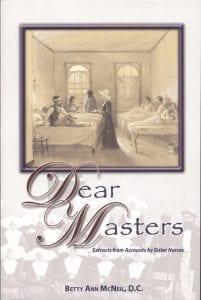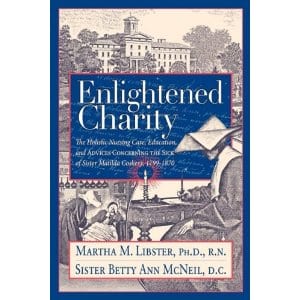Université Paris-Sorbonne, 7-8 octobre 2011
organized by : Pr. Jacques-Olivier Boudon, professeur à l’université Paris-Sorbonne et Dr. Matthieu Brejon de Lavergnée, maître de conférences à l’université catholique de l’Ouest (France).
with the help of : Conseil scientifique de l’université Paris-Sorbonne, École doctorale d’Histoire moderne et contemporaine, Centre d’histoire du XIXe siècle, DePaul University (Chicago), Archives nationales de France, École nationale des Chartes, compagnie des Filles de la Charité de Saint-Vincent-de-Paul.
Summary
L’histoire sans les femmes n’est plus possible : l’affaire est entendue. Mais les religieuses disparaissent encore trop souvent dans les silences de l’histoire. Ce colloque entend poursuivre l’effort historiographique qui tend au croisement de l’histoire religieuse, des femmes et du genre. Plus de vingt spécialistes français et étrangers traiteront de l’histoire des Filles de la Charité, les fameuses sœurs à « cornettes » qui appartiennent encore à l’imaginaire occidental. Après quatre siècles d’histoire, les sœurs de Saint-Vincent-de-Paul demeurent à l’échelle du monde la plus importante des congrégations catholiques féminines (20 000 sœurs). Leur histoire n’avait pourtant jamais été écrite. L’ouverture des archives de la maison mère de la Compagnie à Paris, croisées avec des fonds publics et privés, est l’occasion de ce colloque qui abordera les multiples champs du care comme les conditions politiques et culturelles du « service des pauvres ».
Program
with the participation of Edward R. Udovic, John E. Rybolt, Carmen M. Mangion, Susan O’Brien…






